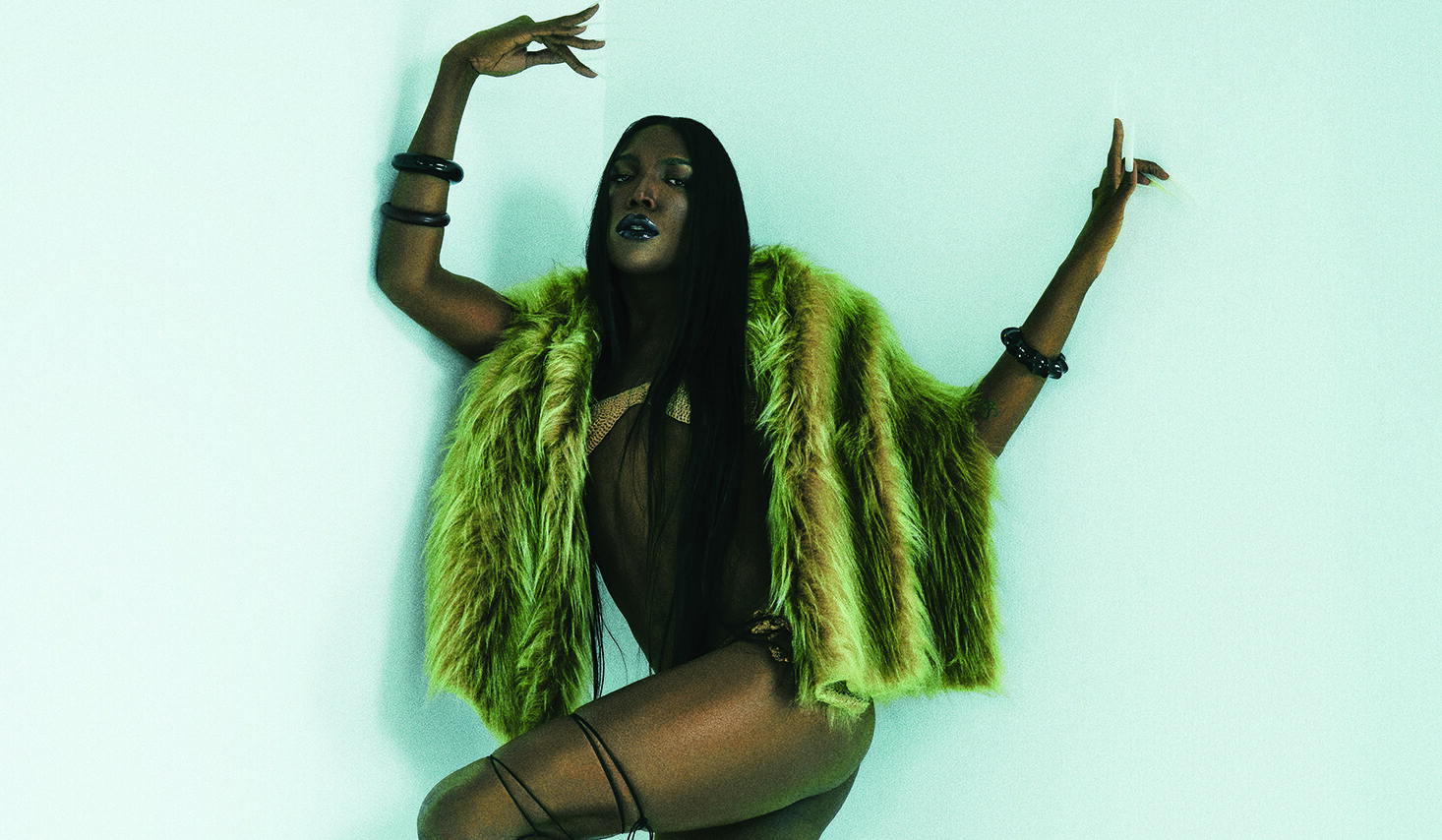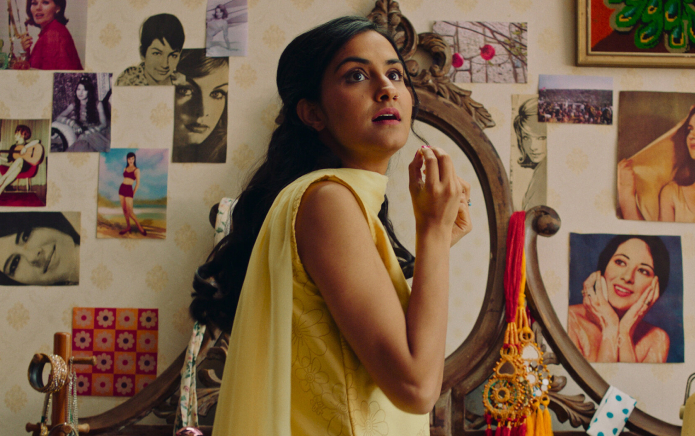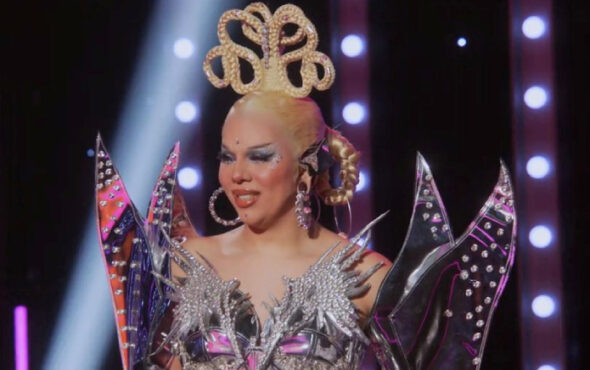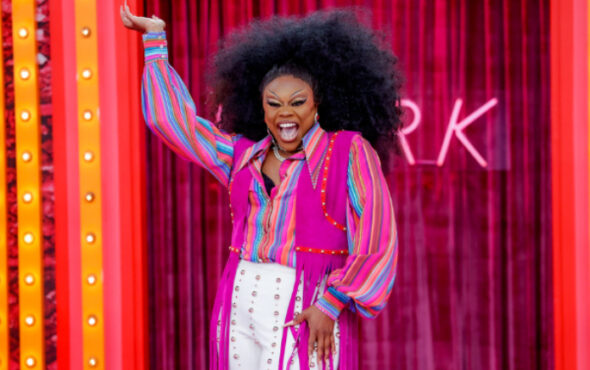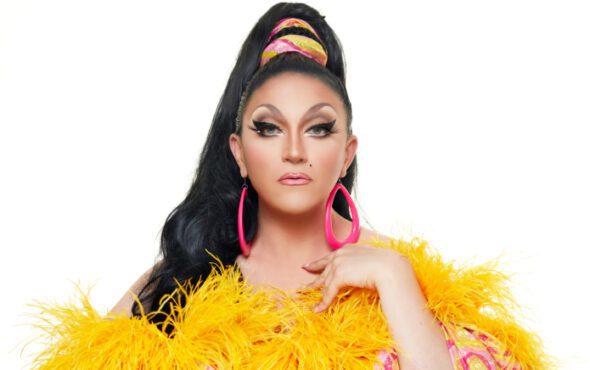
“I want to help people through my music,” says Majur, “to cultivate a sense of togetherness, safeness and vulnerability in our community.” Identity and faith have always shaped Majur’s music. Blending notes of pop, R&B and Afropop, she’s fast becoming a rising star in Brazil. Nominated for a Latin Grammy earlier this year, we managed to speak right after pre-recording her performance for Afropunk Festival, which took place at the end of November.
Majur dos Santos Conceicao is 25 years old. She’s a singer and songwriter from Salvador, Bahia region. As the largest city in Bahia, it’s the thumping heart of Afro-Brazilian heritage, a pulsing place of African culture and Candomble, and where the music scene has strongly set the tone of the most popular Brazilian music (MPB) for many decades.
“I had a simple upbringing, it was just me and my mother, Luziane,” she says when we talk about growing up in Salvador. “She took care of me; I was very young when my father left. She used to recycle rubbish for money. I’d often end up helping her as well. Nowadays I realise everything she went through. She helped me love myself the way I was.”
Eventually, Luziane found her way through studying and ended up becoming a social educator for teenage offenders. “Most of them have been imprisoned under socio-educational measures and her job is to aid their return to society,” explains Majur. “I’m extremely proud of her.”
For Majur, it was her mother who also got her into music. “I fell in love with music when my Mum took me to church, and I joined a choir,” she says. “I didn’t know what it meant at the time; I was very young, but it definitely drew my attention. Making music helped me to be aware of energy present in my body, my spirituality – like something I could touch.”
Winning a district music festival in Salvador, she realised she could take music forward as a career. After a few years performing, people started to get to know her. “There I started to understand my gender,” she adds. “I used to listen to a diverse range of musicians, including Djavan, Chico Buarque, Caetano Veloso, Gilberto Gil, Whitney Houston and James Brown. And Grace Jones, an icon, her mind-blowing Afro-futurism has been a big influence on my aesthetic.”
When conversation turns to her identity, she’s clear and concise with her words. “I don’t let being trans define me. I’m my own person, I make my own rules,” she says. “Being trans is about overcoming stereotypes. I think sometimes people find it hard to accept me as a binary presenting non-binary person.”
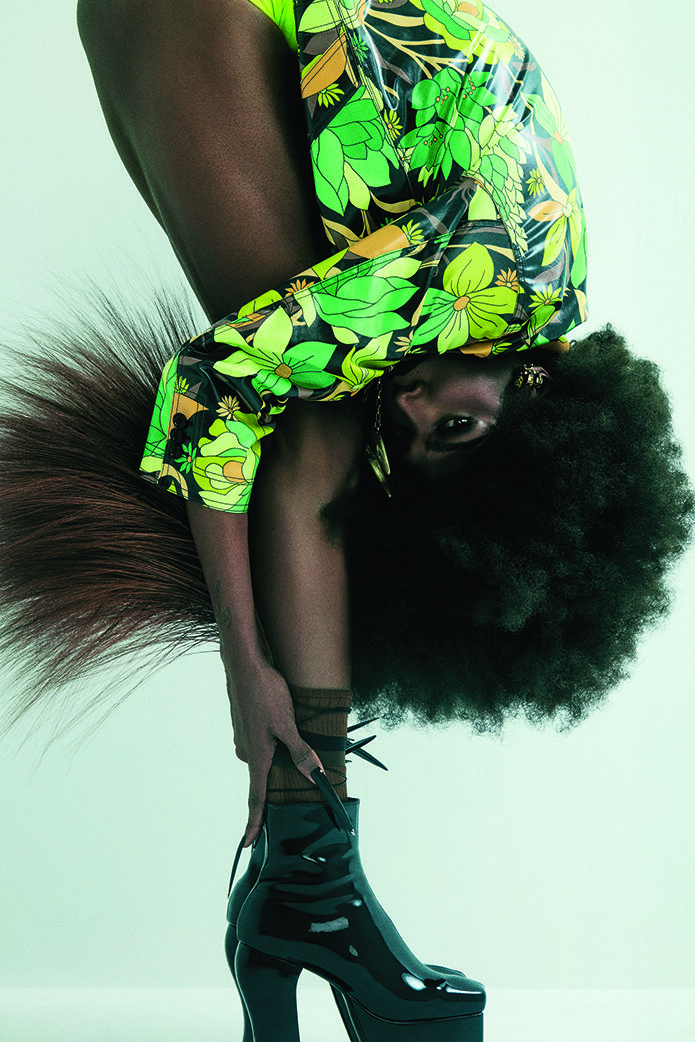
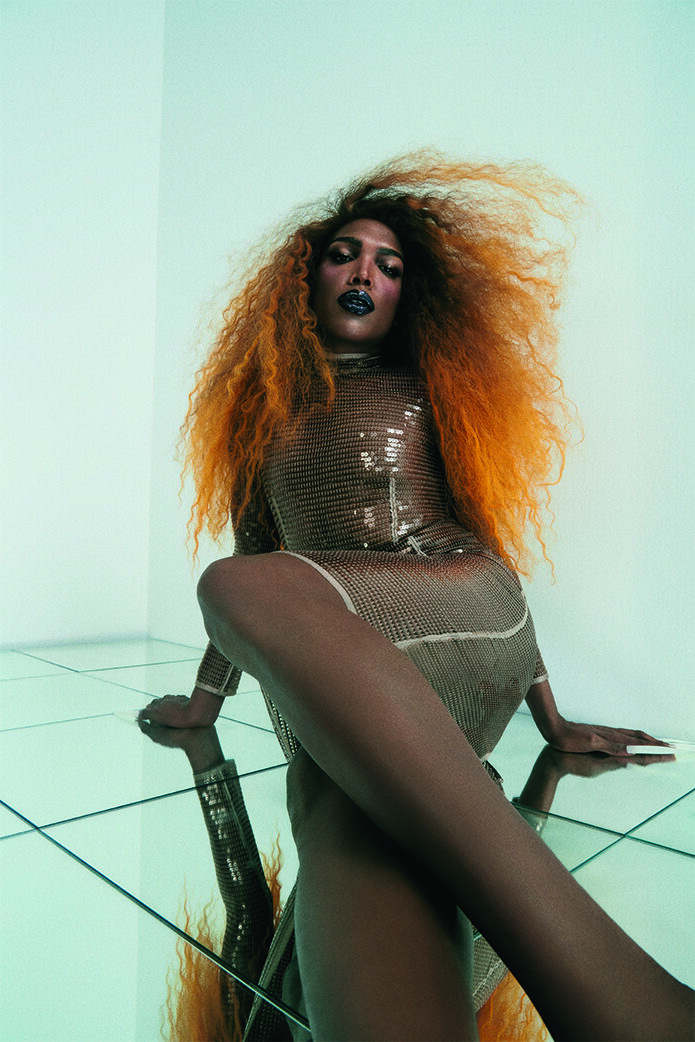
With the release of her first EP, Colorir, Majur was invited to sing in a project by Midia Ninja, an activist journalism network for minorities. “They are completely connected to society and every manifestation of injustices,” she adds. After seeing this performance, renowned Brazilian composer Caetano Veloso invited her to perform at his house. “This was a remarkable moment for me.”
Caetano Veloso is an influential musician and one of the most outspoken artists in Brazil. He was a political exile in the times of military dictatorship during the 1960’s and is still a political activist. “I woke up and it felt like everyone in the whole of Brazil was talking about it – ‘who is this person?’” Majur recalls. A few months later she was singing at one of the biggest street carnivals in the world, Canaval Salvador. “Everything happened so quick, I didn’t even have time to think!” she says. “Being recognized for my artistry in my hometown felt like a full circle.”
Then the collaborations started coming through, including teaming up on Amarelo with Emicida and Pabllo Vittar. “This single brings a positive message of strength, which speaks directly to the excluded,” she says. We start to talk about the excluded, and what it’s like to make music as a Black trans artist in Brazil at the moment. “I know there are people in fear as Brazil is one of the countries that kills the most LGBTQIA+ in the world,” she starts, “but still we have to be brave and make ourselves heard. There is no other option.”
Majur goes on to describe her faith in Orixás, which are the deities of Candomblé, the influential Afro-Brazilian religion practiced in this region. Candomblé does not include the duality of good and evil; rather each person is required to fulfil their destiny to the fullest, regardless of what that is. “Faith moves me, gives me strength to be here, and be present,” she says. “My spiritually is the part of me that doesn’t let me fall.”
As we wrap up our conversation, she tells me she’s currently working on her next album. “It’s about my ancestors’ strength, and the relevancy of our connections,” she explains. “Having the opportunity to express myself, as a Black and trans artist, in a very repressive society, is a privilege that I want to use for good. My body, my existence, is already a political statement in a society that doesn’t celebrate our community. Being unafraid to gather and celebrate our value is a form of resistance. My voice, my music, is what makes me alive.”
